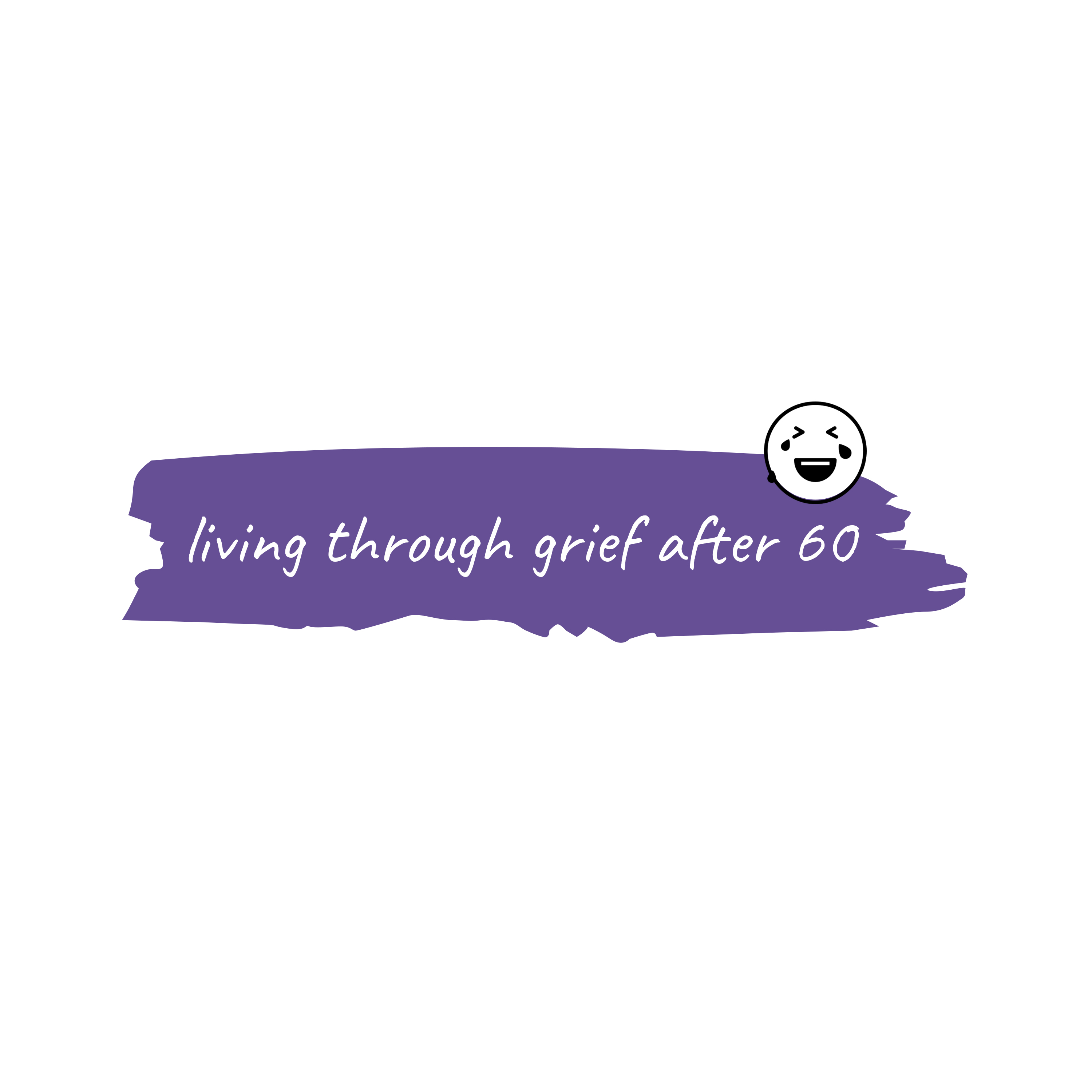This post may contain affiliate links, and I may earn compensation when you click on the links at no additional cost to you.
This is the second of a series of four articles on the Coronavirus and the unique grief it brings to everyone. The following article is a continuation of Statistics, the Coronavirus, and Non-Death Loss.
The Influence of The Coronavirus on Deaths in America
Losing a loved one to death is difficult regardless of the deceased’s age and cause of death. We are now 6 months into the Coronavirus pandemic. Currently, there is no vaccine nor cure for the virus. The Coronavirus has claimed more victims in their 20s, 30s, and 40s those in their 60s, 70s, and 80s. The traditions we have used to say “goodbye” to loved ones have changed as the result of the continuing pandemic. Visitation in funeral homes or churches have become limited to a few people, while funerals and burials are either delayed or limited to family and close friends.
The Devaluation of Elderly Lives in America
Young people have always believed they are invincible and nothing will happen to them. This belief continues in the midst of a pandemic. Young people may not develop symptoms of the pandemic following social gatherings. But, they can still infect their parents and grandparents with the virus. They may be unaware they are asymptomatic before, during and after a social gathering. An elderly person’s death continues to be minimized in 2020. The death of someone over age 65 is devalued because their worth in society is minimized, Eleanor Haley wrote in What’s Your Grief in 2020.
The virus’ significance continues to be downplayed because people still are under the false assumption that “…only older people die from it”, Haley reported. Children and young adults have died from the virus. Middle aged adults 40 through 60 have died from the coronavirus. In reality, seniors are less likely to die from the virus than younger adults.
Anticipatory Grief and the Elderly
When someone younger than 60 is ill with cancer, heart disease, or the coronavirus, their loved ones begin to anticipate the loss. The definition of anticipatory grief is “grief that occurs before a potential loss”, Litsa Williams wrote in What’s Your Grief. Loved ones start to process their grief once they realize that the person’s death is possible, Williams found. However, when the death of a senior age 60 and over is inevitable, American society continues to have a tendency to minimize or invalidate the passing. The person who died was old, and was more vulnerable to illness. Therefore, their death was not only anticipated, but expected simply because of their advanced age.
Disenfranchised Grief and the Elderly
The definition of disenfranchised grief is “when a person’s family, friends, community, or social groups minimize or invalidate their loss”, Haley wrote. A senior’s passing is always difficult for their loved ones, no matter how old they were. However, “the older a person gets, the more likely others in society are to minimize the impact of their death”, Haley found. When “older” people pass away, loved ones tend to hear the following “sympathies”, according to Haley:
- “At least he lived a good life”;
- “Don’t be sad; you had 80 good years with her”;
- “It’s the natural order of things”;
- “It was her time”.
These well-meaning but misguided comments seem to be followed with an unspoken “…and you shouldn’t be sad”, added Haley. When the bereaved survivor believes they are unable to mourn their loss naturally without “permission” from others, they may eventually begin to:
- “internalize these beliefs and feel wrong and embarrassed when their grief looks different than it’s ‘supposed’ to”, and
- feel they cannot talk about their grief nor find support, Haley found.
The death of someone, whether 18 or 98, is painful for those they leave behind. Surviving loved ones should always feel free to mourn their loss, no matter how old the deceased was.
What Grieving Loved Ones Should Never Hear
It is preferable to let the family member make the above comments themselves. They should never hear it from anyone who may not really know what the deceased meant to them. Family members should not be told that there is a silver lining to their loved one’s loss, nor should they be told why they should not feel as upset as they are following their loved one’s loss, Haley emphasized.
When a family member of a senior who passed away feels devastated and struggles with painful emotions, it is normal, Haley found. A family’s grief should always be accepted by others as normal, whether the deceased was elderly or a teenager.
Ageism in America
Ageism is both socially normal and not widely countered in America, the World Health Organization (WHO) Global Campaign to Combat Ageism found, Haley wrote. I have felt grief at the passing of relatives and friends who passed away between 70 to 100. Also, I have lost loved ones who were under age 50. I am lucky to have had relatives who lived to “a ripe old age”. Not everyone has relatives who lived past age 60. I am fortunate to have known grandparents, great-grandparents and great-aunts and great-uncles who had a variety of life experiences, wisdom, and unconditional love.
Can Baby Boomers Change Ageism?
Hopefully, the baby boom generation will begin to change society’s attitudes toward the death of seniors age 60 and over as they grow older. The death of an elderly person will not be invalidated. Americans will not respond with “oh, they were old and sick” as an attempt to rationalize their deaths. Everyone’s lives should be validated, whether they were 10, 40, 80,or 100. A senior’s life should be remembered for the love they gave and their accomplishments instead of how old they were when they died.
How Does The Coronavirus Make Grieving Worse?
Losing a senior age 60 and over to the coronavirus can make a loved one’s grief worse at this time of crisis for these reasons, Williams wrote:
- Everything now becomes more overwhelming;
- The deceased was your tower of strength;
- Now more than ever, you feel alone;
- Neither you nor the deceased lived through anything like the coronavirus;
- The pandemic is in your thoughts more than your deceased loved one;
- Everyone is complaining about the inconveniences that resulted from the coronavirus instead of the grief of losing a loved one;
- The deceased is in your thoughts often;
- You feel life would be better if the relative hadn’t died.
These are common characteristics of grieving. However it is even more painful if the death occurred during the coronavirus. It is common to think about a deceased loved one often shortly after their passing. If they passed away due to the coronavirus, it is even more difficult for a survivor to think about their loved one as separate from their cause of death.
Dying in Hospice During the Coronavirus
If a loved one died in a hospice, a survivor may be comforted knowing that they were able to spend a loved one’s final hours together. They may have been able to gather family together to say a final “goodbye” and “I love you” to their loved one. The pandemic has caused hospitals and hospices to restrict visitors, and has caused changes to the traditions used to show love, care and support to patients, Williams wrote in What’s Your Grief in 2020
I have never entered a patient hospice room during my years as a volunteer grief support caller. Surviving relatives have told me that they were grateful that their loved one was able to say goodbye and tell the patient they loved them before they passed away. Relatives were comforted knowing the patient was at peace and was ready to let go. Their loved ones also knew that the senior would never have wanted to be in constant pain and unable to live life to the fullest.
Family Visits During the Coronavirus
Currently, the number of loved ones who can visit a patient in person is limited. Families find they can only communicate with their loved one via phone calls. Limited visits are now the “new normal”. Williams suggests some alternate ways a family can now visit a loved one in hospice:
- Make video calls instead of phone calls;
- Have family meals on video, if the loved one can still eat;
- Eat something the loved one enjoyed or make a favorite recipe the patient enjoyed;
- Give items to the patient that are appropriate per hospice policy;
- Create a playlist of the patient’s favorite songs;
- Make up an “ethical will” for the person that shows what they learned from the patient;
- Simply read to the patient, whether they are conscious or unconscious;
- Read a book to the patient as a family, which can be done by recording different chapters by audio or reading chapters on the phone;
- If the patient is still able to talk, create an oral history using an audio or video service.
While my aunt was in home hospice, her sister brought her ice cream. She also visited with loved ones and took phone calls from friends. Other suggestions offered by Williams include recording a song as a family for the person who is ill and singing and/or playing music together in real-time. Families can also watch a movie on Netflix together, Williams suggested.
To Be Continued…
The third blog of the series will focus on the book The Five Gifts by Laurie Nadel, PhD. The article is entitled “The Five Gifts” and The Coronavirus (Part 1).The blog will focus on the “gifts” humility, patience, empathy, forgiveness and growth. Dr. Nadel reminds the reader that these “gifts” are “gifts, not regulations”. It is up to the reader to decide whether they want to take advantage of these gifts following a traumatic event like the coronavirus.
In the Meantime…
At Peace: Choosing a Good Death After a Long Life is a good resource for ways to celebrate the life of an elderly person.

